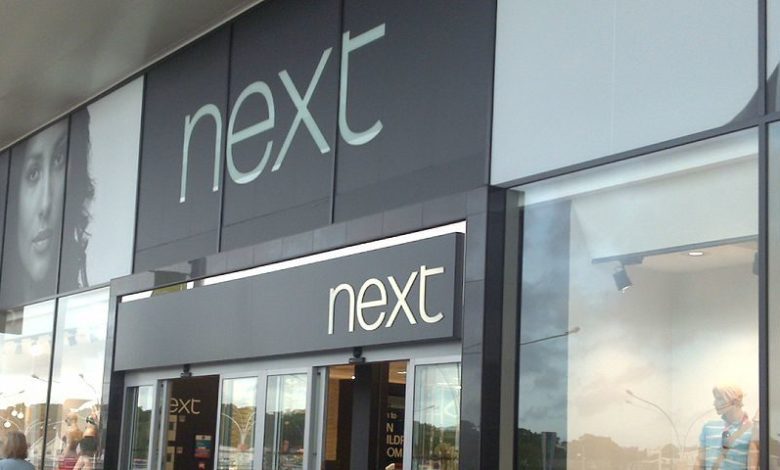Next raises guidance but warns of staff shortages
In its latest results, the group noted it has not escaped the effects of recent supply chain disruptions, with stock levels currently lower than planned and 12% down on two years ago

Next has raised its full-year guidance following a strong performance in its half-year results, and now expects its profit-before-tax to be £800m, up 6.9% against 2019, £36m ahead of its previous guidance of £764m.

